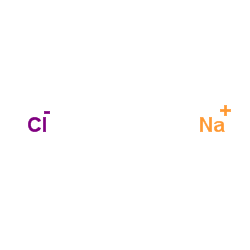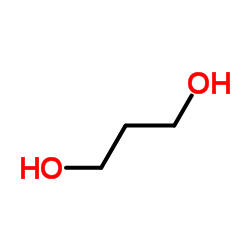| 结构式 | 名称/CAS号 | 全部文献 |
|---|---|---|
 |
氯化钠
CAS:7647-14-5 |
|
 |
ACTH(18-39)(人类)
CAS:53917-42-3 |
|
 |
氯化钠-35cl
CAS:20510-55-8 |
|
 |
1,3-丙二醇
CAS:504-63-2 |